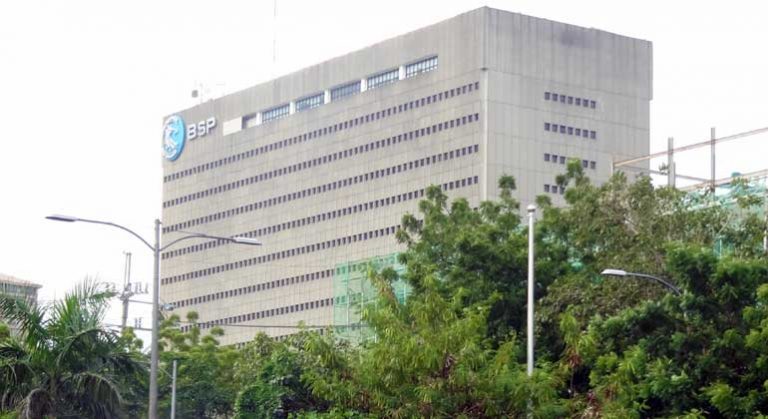BSP outlines application process for COE to sell assets under FIST Law

THE CENTRAL BANK has released rules to guide financial institutions on the process of securing a certificate of eligibility (COE) for the nonperforming assets (NPAs) they seek to offload through Republic Act (RA) 11523 or the Financial Institutions Strategic Transfer (FIST) Law.
Memorandum No. M-2021-034 signed by Bangko Sentral ng Pilipinas (BSP) Deputy Governor Chuchi G. Fonacier on June 4 outlined the process for the submission of the master list of eligible NPAs and the application for COEs, which financial institutions will need to offload their bad assets.
Based on the guidelines, the central bank will assess COE applications received on or before Feb. 24, 2023, provided that transactions involved were done within the two-year effectivity of the FIST Law from Feb. 18, 2021 to Feb. 18, 2023.
“The BSP, Securities and Exchange Commission (SEC) and BIR (Bureau of Internal Revenue) shall coordinate to ensure the integrity of the COE,” the memorandum said.
The guidelines said a COE will be issued by the BSP to prove the eligibility of NPAs for the availment of tax exemptions and privileges under the FIST Law. These NPAs include NPLs and real and other properties acquired (ROPA) of BSP-supervised financial institutions.
“Prior to the filing of an application for COE, the BSP-supervised financial institution shall coordinate with the BSP, through the appropriate supervising department, its intention/plan to sell/transfer its NPAs pursuant to the FIST Act and its implementing rules and regulations, and to develop a reconciled and final master list of eligible NPAs,” the central bank said.
The BSP will process COE applications within 20 working days from the submission by a BSP-supervised financial institution as long as they come with the complete requirements. A duplicate copy of issued COEs will also be provided to the SEC and BIR.
The BSP said financial institutions should first accomplish a master list of eligible NPAs before applying for a COE. A final master list, which could be initial or updated, should include their eligible NPAs on or before a quarter-ended reference date and should be submitted to the central bank after two to three months.
Under RA 11523 and BSP Circular No. 1117 Series of 2021, NPAs which can be offloaded to FIST corporations are loans and assets of financial institutions that will be recognized as nonperforming until Dec. 31, 2022.
“Once the Master List is validated and verified as acceptable, the BSP shall provide the BSP-supervised financial institution with a copy of the Final Master List as reference for its COE application,” the central bank said.
For the COE application, the BSP has set specific processing fees for financial institutions: P50,000 for universal and commercial banks, P20,000 for thrift banks, P15,000 for rural and cooperative banks, and P10,000 for nonbank financial institutions.
Meanwhile, a processing fee of P5,000 will be applicable for a dation in payment or dacion en pago arrangement — or settling of debt through other modes of payment — by an individual or corporate borrower.
The same P5,000 rate will be applicable for transfers that involve a single-family residential unit ROPA, an empty lot ROPA or a nonperforming loan secured by a real estate manager for the said single-family residential unit or empty lot.
Signed in February, the FIST Law offers tax incentives for transactions related to offloading bad assets of lenders to FIST corporations, including exemption from the payment of documentary stamp tax, capital gains tax, creditable withholding income taxes and value-added tax, among others.
The central bank expects banks to sell at least P152 billion in NPAs through FIST Law to clean their balance sheets.
Among the country’s major lenders, Bank of the Philippine Islands, Rizal Commercial Banking Corp. and the Philippine National Bank earlier said they are open to offloading their bad assets through the law. — L.W.T. Noble



